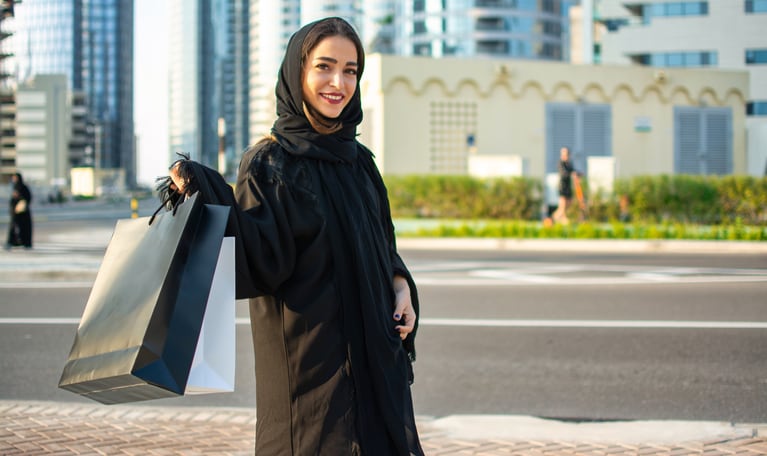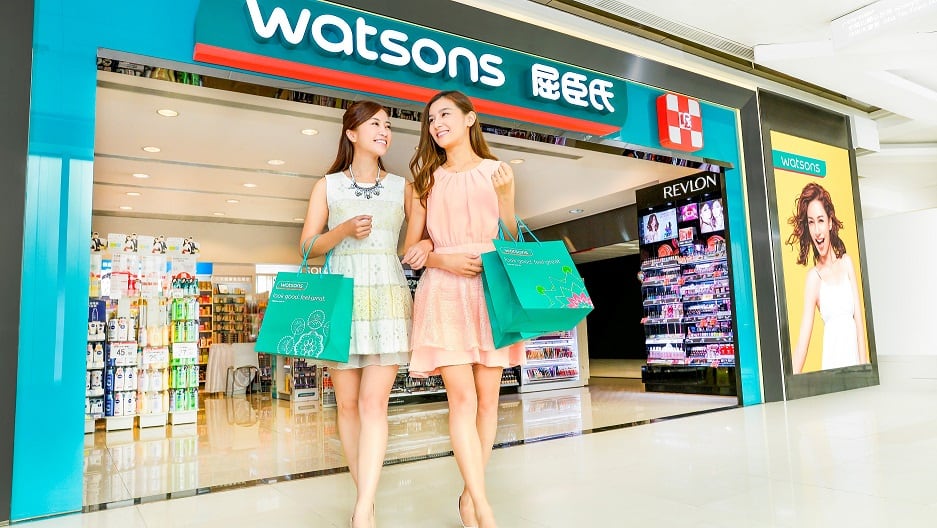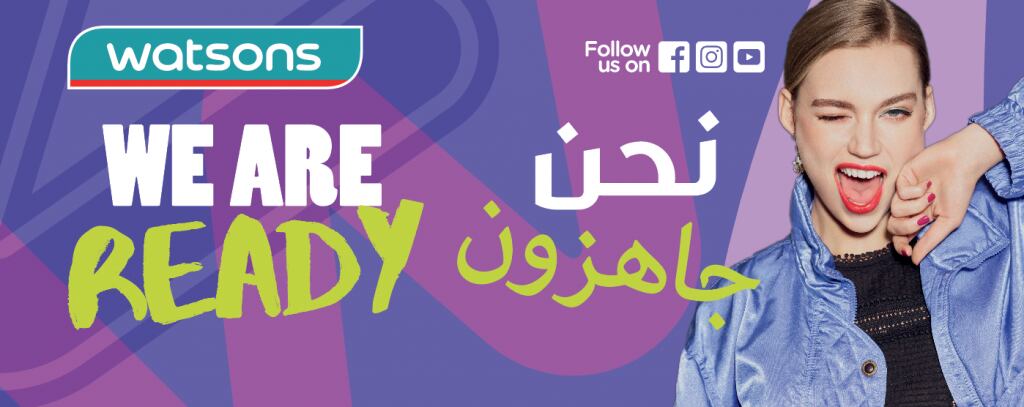Earlier this month, Asia-Pacific retail major A.S. Watson Group announced it would be expanding into the Middle East under an exclusive franchise agreement with regional conglomerate AL-Futtaim. The move – which marked the retailer’s first ever franchise agreement – would see the launch of 100 flagship Watsons health and beauty stores across the Gulf Cooperation Council (GCC) countries by the end of 2025, starting with a store launch in Dubai on October 1.
Speaking to sister site CosmeticsDesign-Asia, A.S. Watson group COO and Asia & Europe CEO Malina Ngai said the expansion aimed to tap into gaps in skin care and masstige beauty in this region.
“Customers’ demand for quality beauty products in GCC is surging and skin care is one of the fastest growing segments in the beauty category,” Ngai said.
But what did such a move mean for the wider beauty retail world and brands interested in the region?
‘Moving East’ to tap into beauty purchasing power
Speaking to CosmeticsDesign-Europe, Yamina Tsalamlal, consumer analyst at GlobalData, said the move was “very important” for the beauty category.
“I think this is showing what has been happening over the last few years: the beauty industry is moving East, from the perspective of the consumer and from the brands themselves,” Tsalamlal said.
“…The purchasing power is where the opportunity lies, and I think that is why A.S. Watson decided to take this step. Middle Eastern consumers take care of their physical appearance and the region is a growing beauty destination.”
According to GlobalData surveys conducted at the end of 2019, 55% of African and Middle Eastern consumers want to look younger – a figure higher than the global average – and 77% believed feeling physically attractive created a feeling of wellness.
'International' taste in a sizeable beauty market
Amna Abbas, fashion and beauty consultant for the Middle East at Euromonitor International, said consumers in the Middle Eastern countries like those of the GCC were also “very apt in their taste palates for well-known international brands, especially within health and beauty”.
Abbas said this presented promise for beauty brands in a region that remained significant in the global marketplace.
In 2019, the Middle East and Africa represented 6.4% of the €428bn (US$500bn) global beauty and personal care market, she said, with Saudi Arabia worth €4.5bn (US$5.3bn) and UAE €1.9bn (US$2.3bn).
“The significance of this deal, hence, is immense as UAE is known to be a centre stage for shopping for tourists and residents alike.”
Beauty brand promise? Caution needed on halal
Whilst Tsalamlal said Western beauty brands had long been engaged in increasing presence in the Middle East – an “increasingly powerful region of consumers” – she agreed the A.S. Watson expansion would provide yet another means to build traction in the region.
And Middle Eastern consumers, she said, not only had buying power but also “appetite for new brands”, though caution would have to be taken in ensuring brands were relevant.
Tsalamlal said Watsons had to be “cautious” of cultural differences in the region, which might mean some brands had to reformulate or obtain halal certifications – “a key component in the beauty category” in the Middle East.
“But I think with the help of Al-Futtaim, this will ease the brand into the region and [help with] understanding all the nuances in each country,” she said.
COVID-19 considerations must remain a priority
Abbas said the ongoing COVID-19 situation would also have to be carefully considered, particularly by beauty brands operating within the Watsons network.
“While opportunities will exist for European beauty brands to gain a stronger foothold in the Middle East, it needs to be done considering the pandemic situation and how the brands can contribute with a positive impact,” she said.
Highlighting brand purpose and how self-care was “a new norm” would be important, she said, as wellness continued to become more prominent in the region.
Abbas said a focus on digital communication platforms to engage with and inspire consumers would also be important, she said, given many Middle Eastern beauty shoppers relied on online reviews and online window shopping before purchasing either offline or online.




